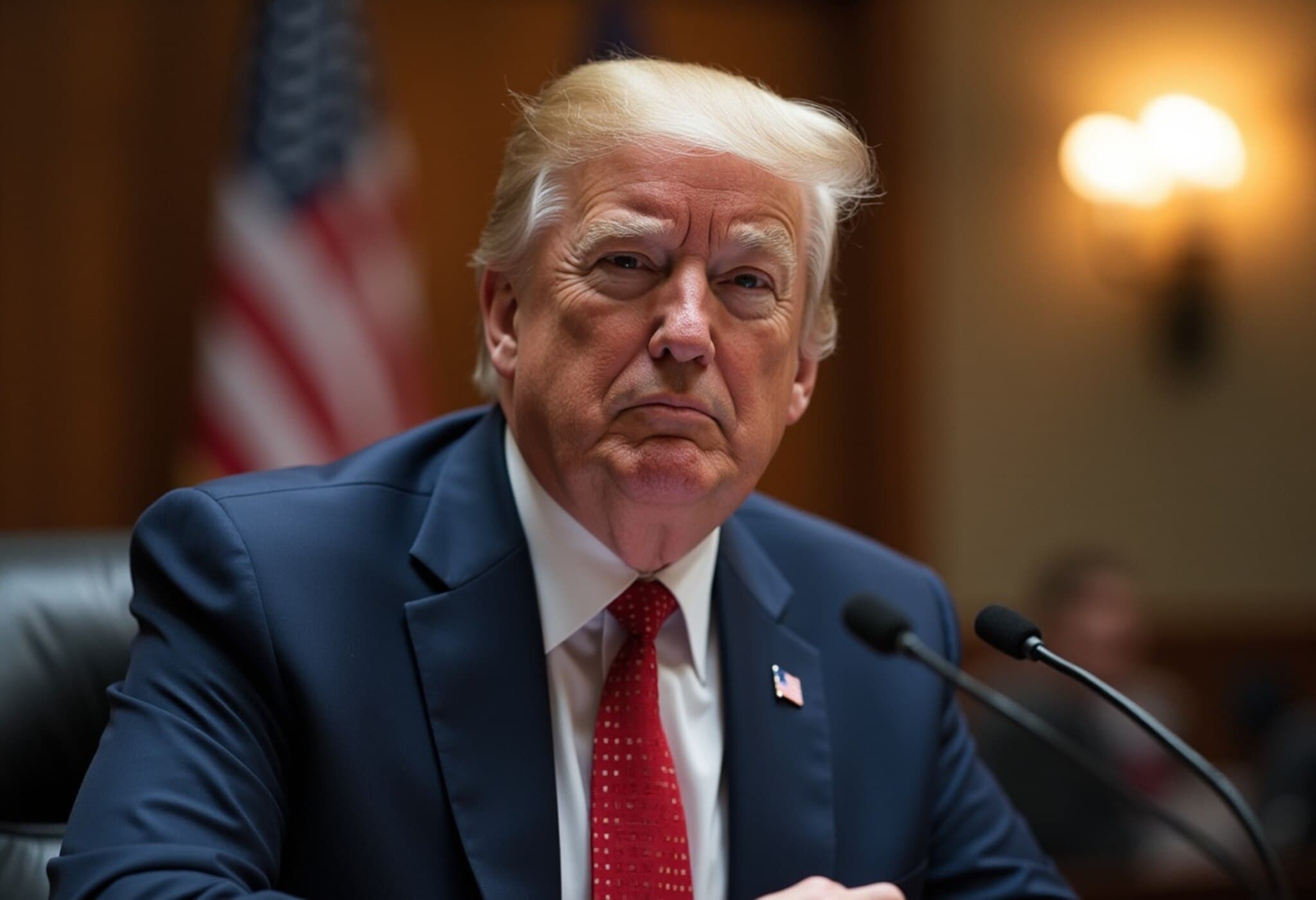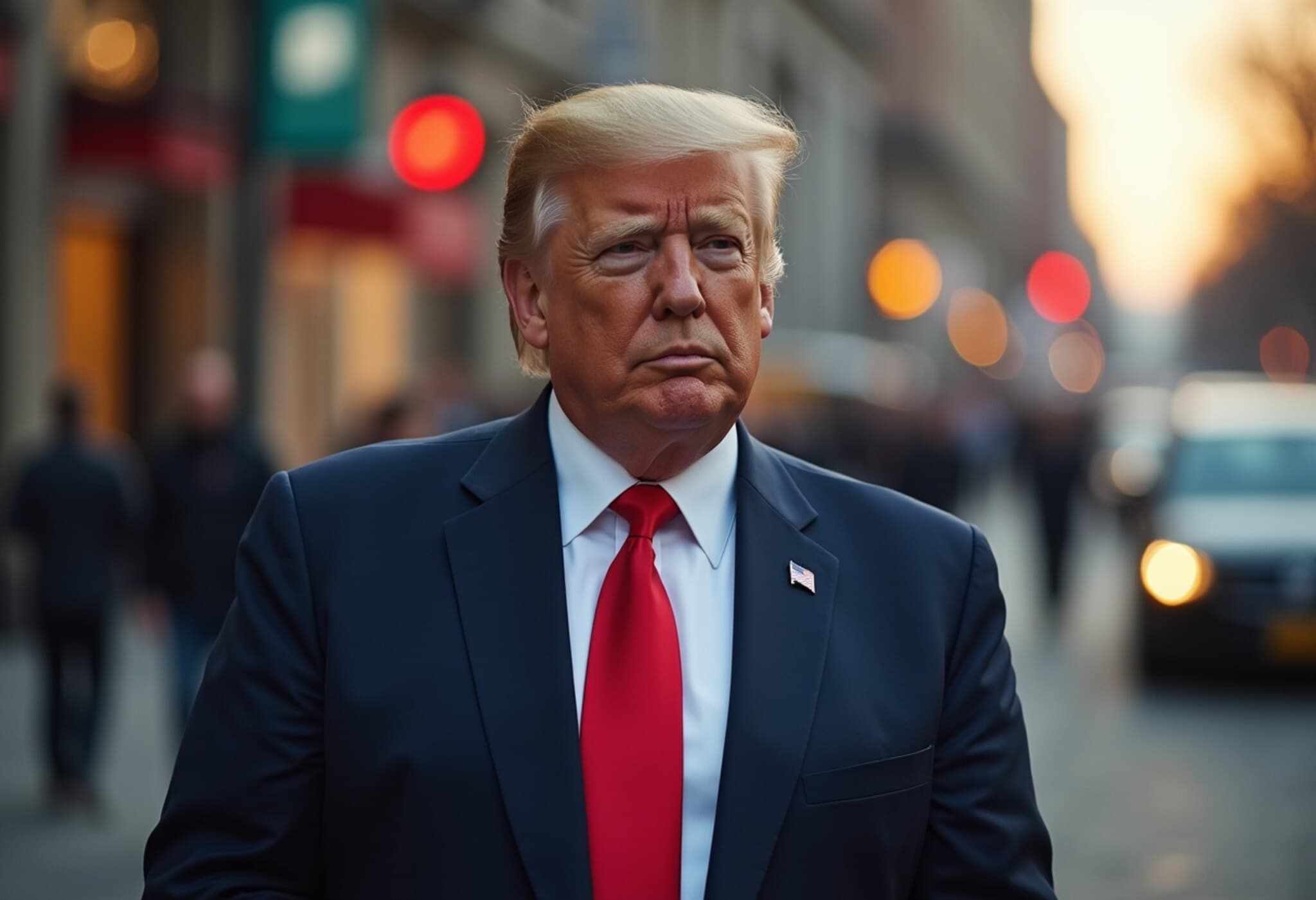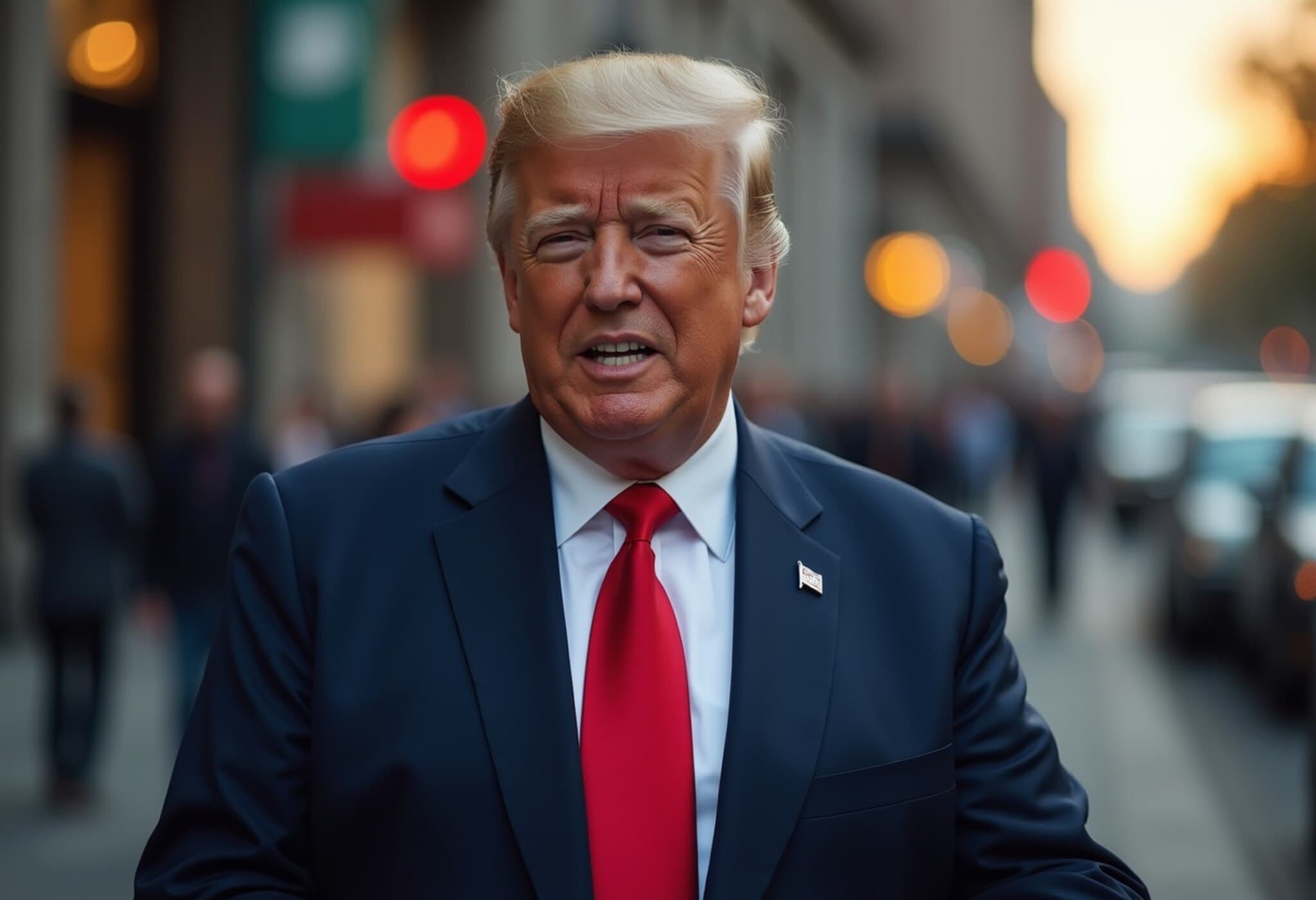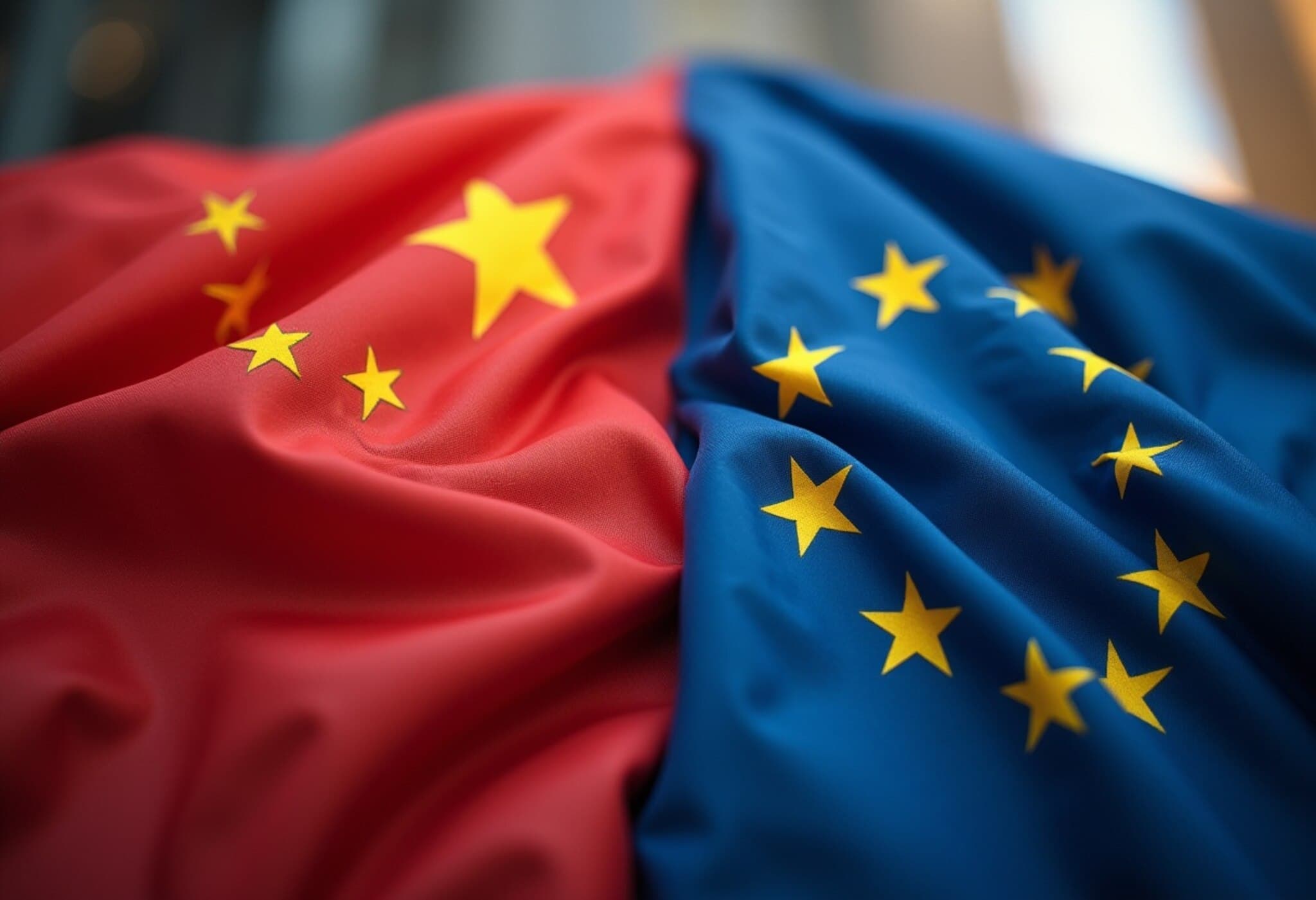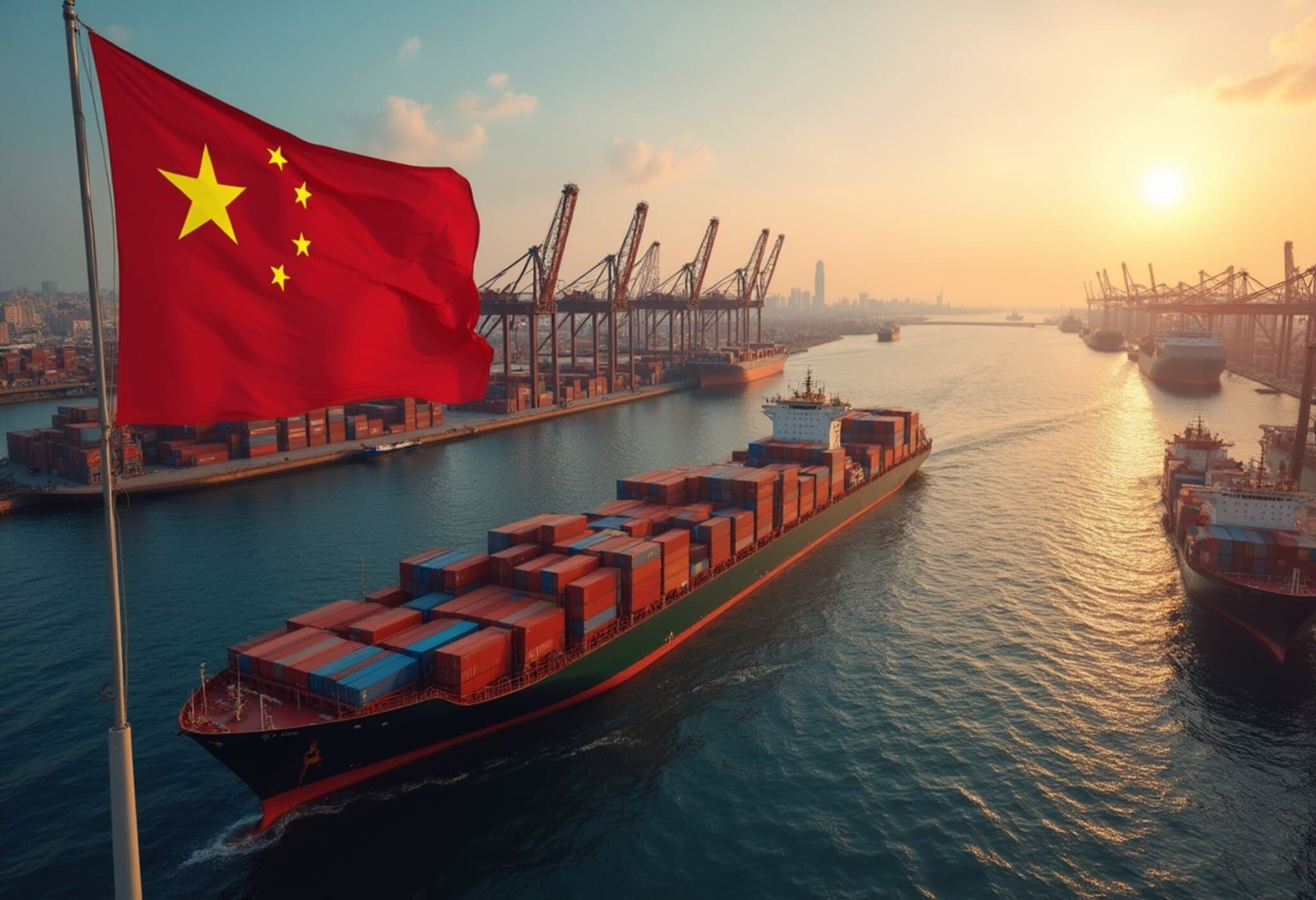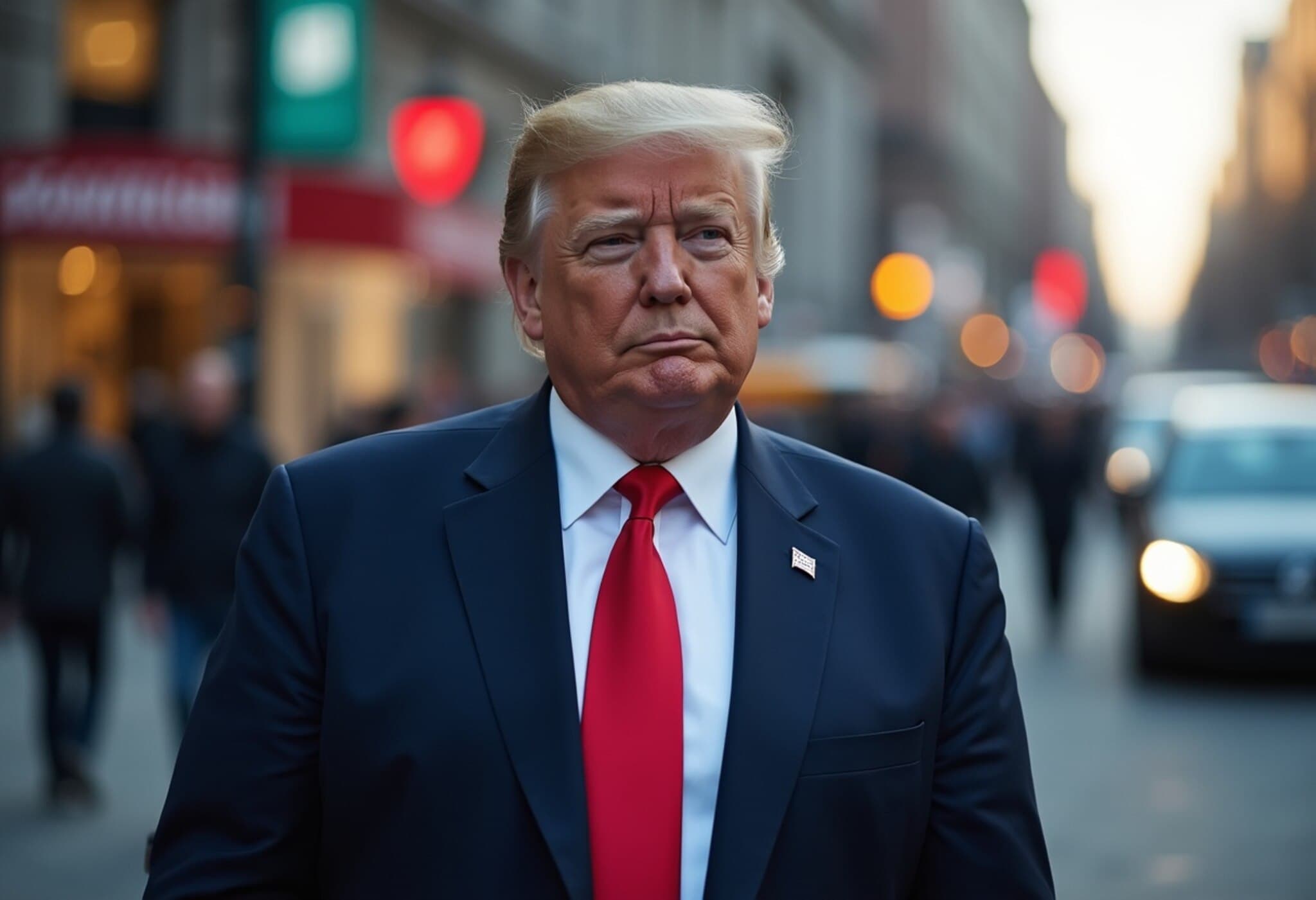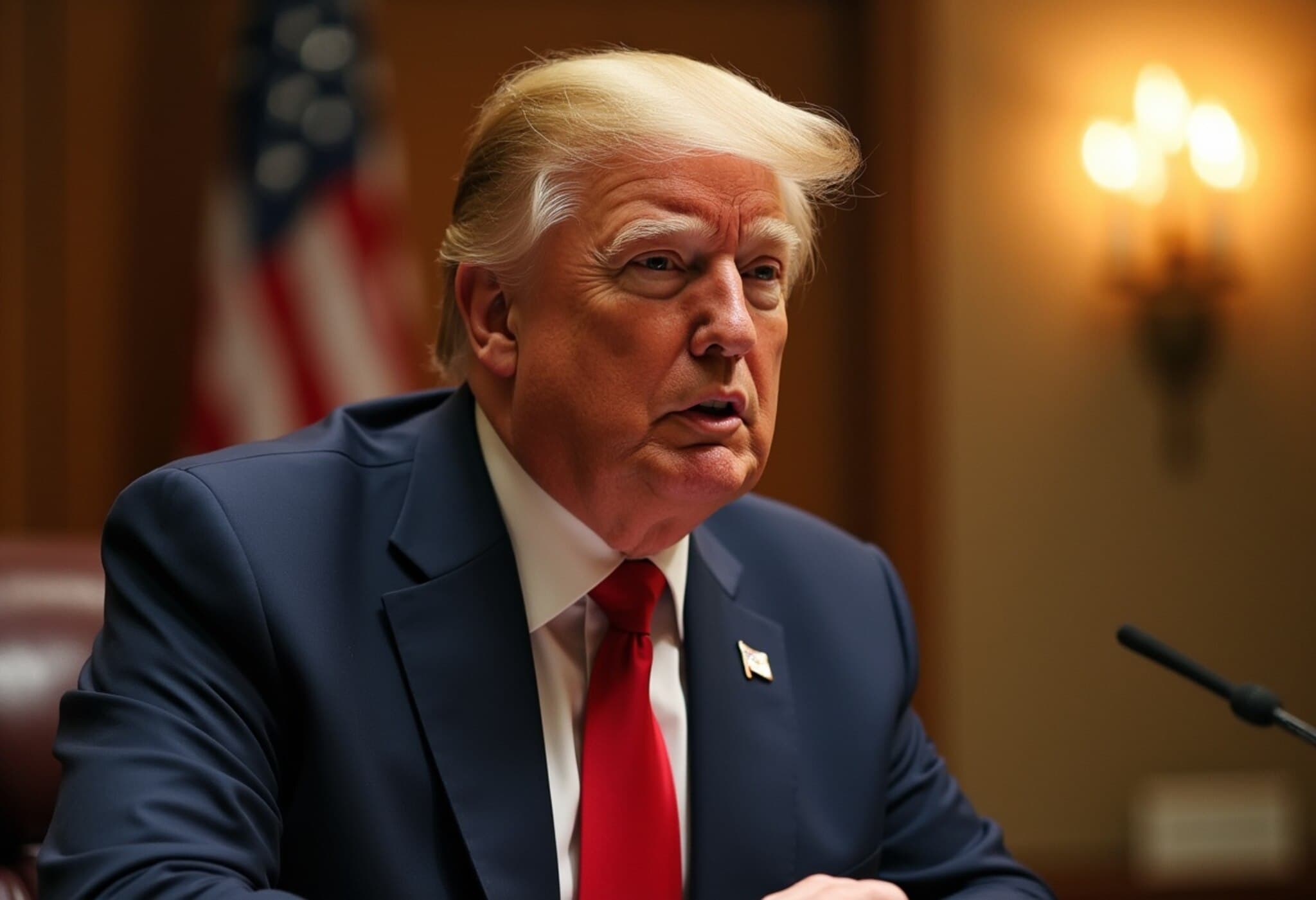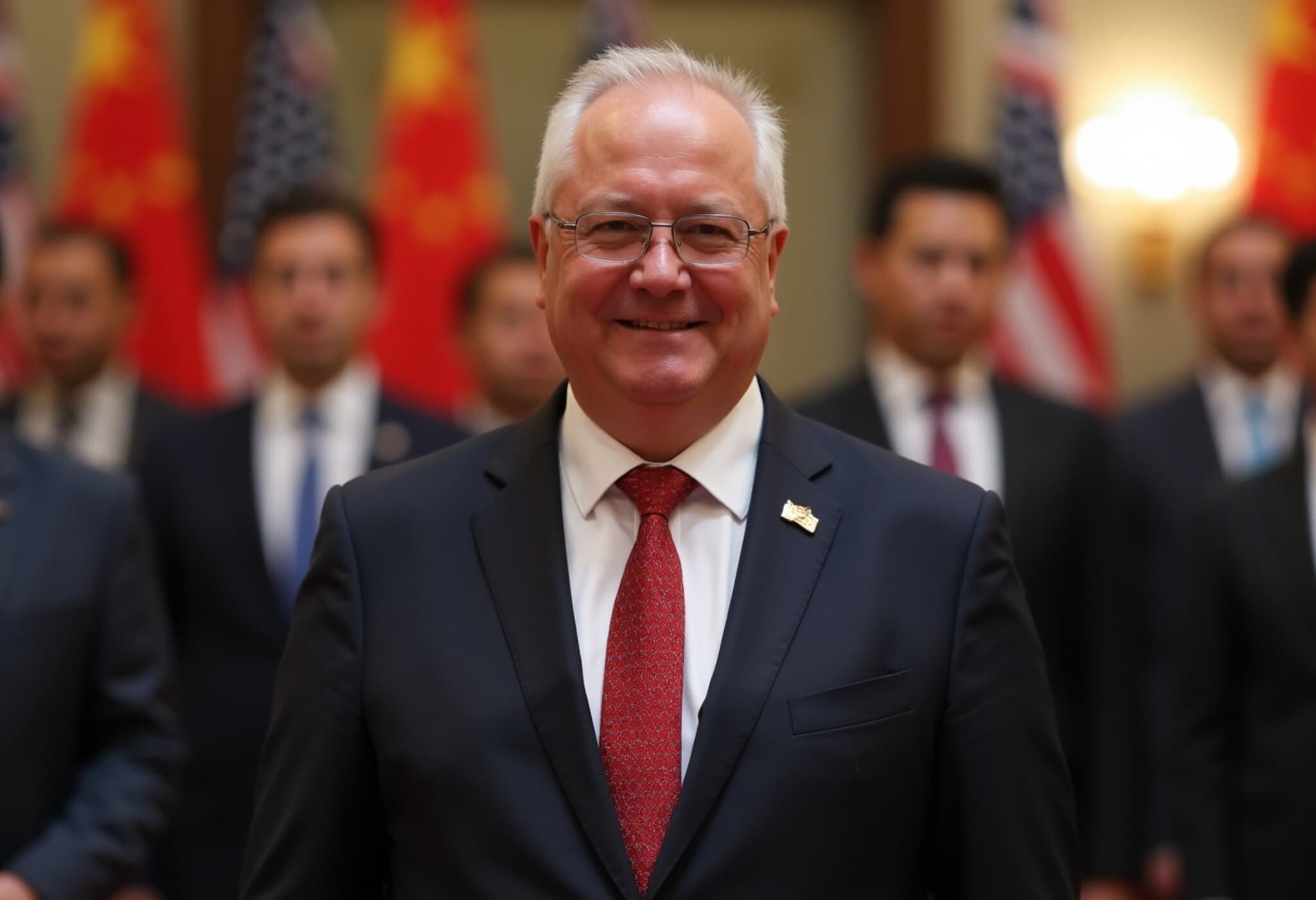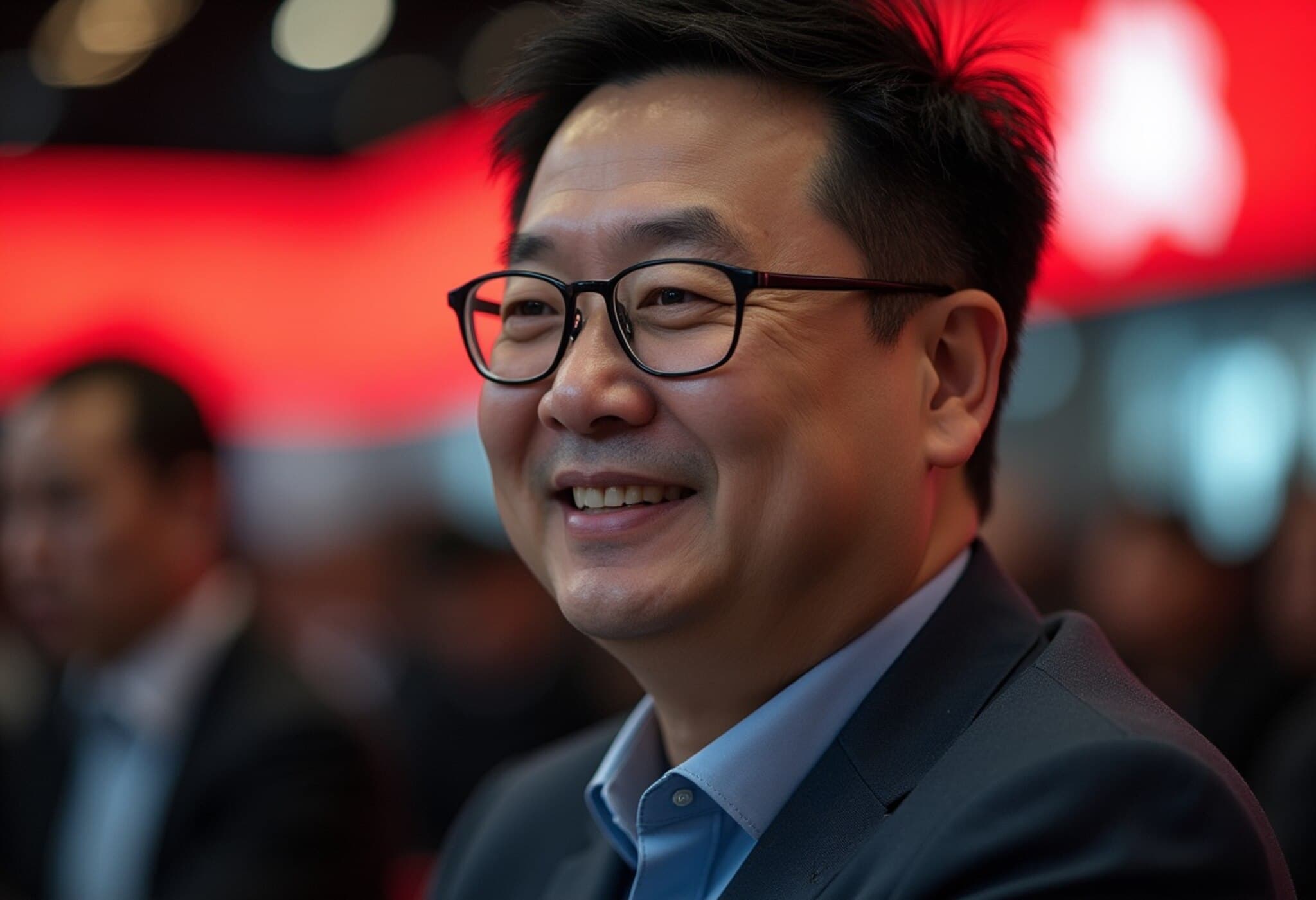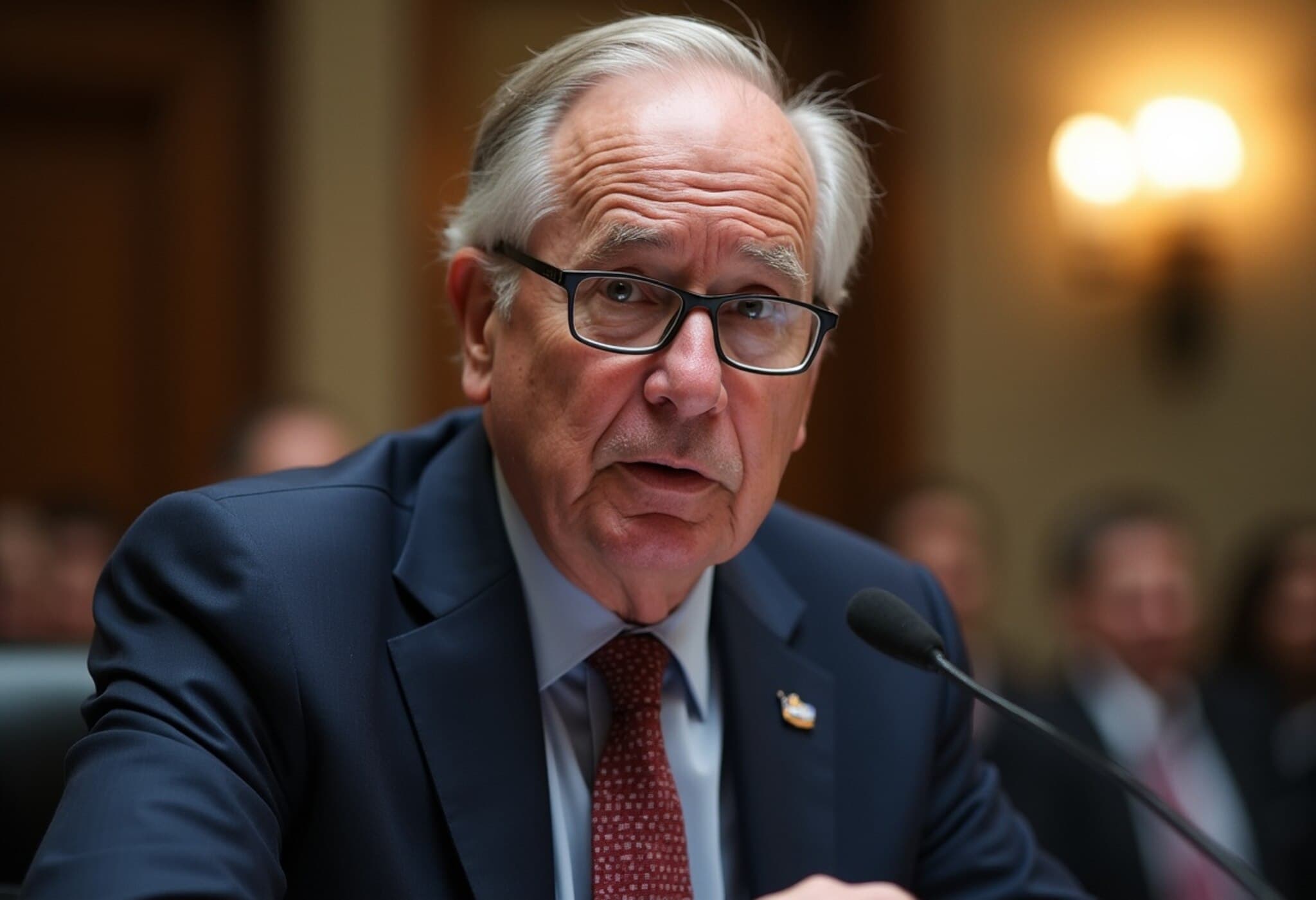US-China Trade Talks Set to Extend Tariff Suspension Beyond August 12
In a significant development, US Treasury Secretary Scott Bessent announced that ongoing negotiations with China are likely to lead to an extension of the current tariff suspension, initially scheduled to expire on August 12, 2025. These talks are slated to take place in Stockholm, Sweden, next week, marking an important milestone in the complex trade relationship between the world's two largest economies.
Background: A Fragile Truce in Trade Relations
Earlier this year, in mid-May, Washington and Beijing agreed to a 90-day suspension of most of the hefty tariffs that had escalated into a tariff war threatening global economic stability. This suspension followed months of tit-for-tat tariff increases initiated during the Trump administration, where duties rose to an unprecedented combined rate of approximately 145% on Chinese imports and up to 125% on US goods in retaliation.
Secretary Bessent highlighted during a Fox Business interview that both sides are poised to discuss an extension of this suspension, aiming to maintain the momentum towards a more stable trade environment. "I think trade is in a very good place with China," he said, expressing cautious optimism.
Stockholm to Host Critical Talks with Global Implications
Swedish Prime Minister Ulf Kristersson confirmed Sweden's role as host for the upcoming US-China negotiations. Emphasizing the talks’ significance not only bilaterally but for the global economy and rules-based international trade, Kristersson stated on social media: "It is positive that both countries wish to meet in Sweden to seek mutual understanding... Safeguarding international trade rules and Sweden's economic interests is a top government priority."
Beyond Tariffs: Broader Strategic Issues on the Table
While extending the tariff suspension itself remains a core agenda item, Secretary Bessent indicated that the discussions would broaden to encompass strategic concerns, reflecting the evolving nature of US-China relations. Specifically, Washington aims to:
- Encourage China to shift focus from excessive manufacturing output to nurturing a robust consumer economy.
- Address concerns surrounding China's purchase of sanctioned Russian and Iranian oil, in light of Russia's military aggression in Ukraine.
- Explore avenues for deeper cooperation to stabilize geopolitical tensions and economic uncertainties.
"We've moved to a new level with China, where talks are more constructive," Bessent remarked, signifying a thaw in relations that could pave the way for meaningful agreements.
Contextualizing the Trade Truce Amid Geopolitical Pressures
This diplomatic engagement comes at a time when the international community is closely watching how the US and China manage their competitive yet intertwined economies. American policymakers are increasingly focused on balancing trade openness with national security and geopolitical concerns, especially regarding energy purchases from sanctioned nations that could indirectly fuel conflicts such as the ongoing war in Ukraine.
From an economic perspective, an extended tariff truce could help reduce supply chain disruptions that have ripple effects on global markets and inflation—key concerns for businesses and consumers alike.
Unpacking the Stakes for the US and Global Economy
- American exporters and manufacturers stand to benefit from reduced tariffs, easing some of the cost pressures.
- Global trade stability hinges on sustained dialogue and conflict de-escalation between the world’s two largest economies.
- The talks indirectly reflect broader US efforts to align economic policy with diplomatic aims, notably around energy sanctions and geopolitical accountability.
Looking Ahead: What Next for US-China Trade Relations?
As Secretary Bessent and his Chinese counterparts convene in Stockholm, the eyes of investors, policymakers, and global citizens will be on the outcomes that could signal not just a prolongation of tariff peace but potentially a fresh chapter in US-China engagement.
The success of these negotiations might offer relief against the backdrop of past tariff escalations that strained economies and sowed uncertainty. Still, underlying tensions pertaining to technology transfers, human rights concerns, and global security will challenge the broader agenda.
Editor’s Note
While the extension of tariff suspensions is a welcome sign of diplomatic progress, it raises important questions about the durability of such agreements and their scope beyond economic parameters.
Can these talks evolve into a more comprehensive framework that addresses the geopolitical issues entangled with trade? How might they influence the global rules-based system amid shifting alliances? Observers should stay alert to these nuanced developments, as they will shape the contours of international cooperation and economic resilience in the years ahead.

